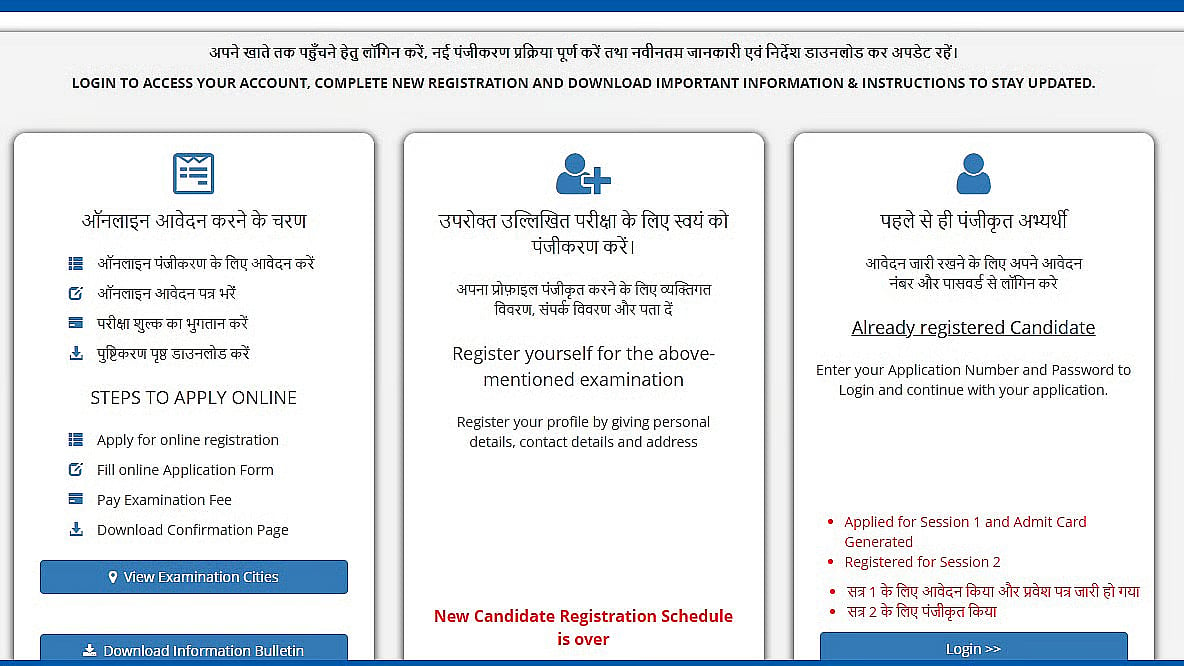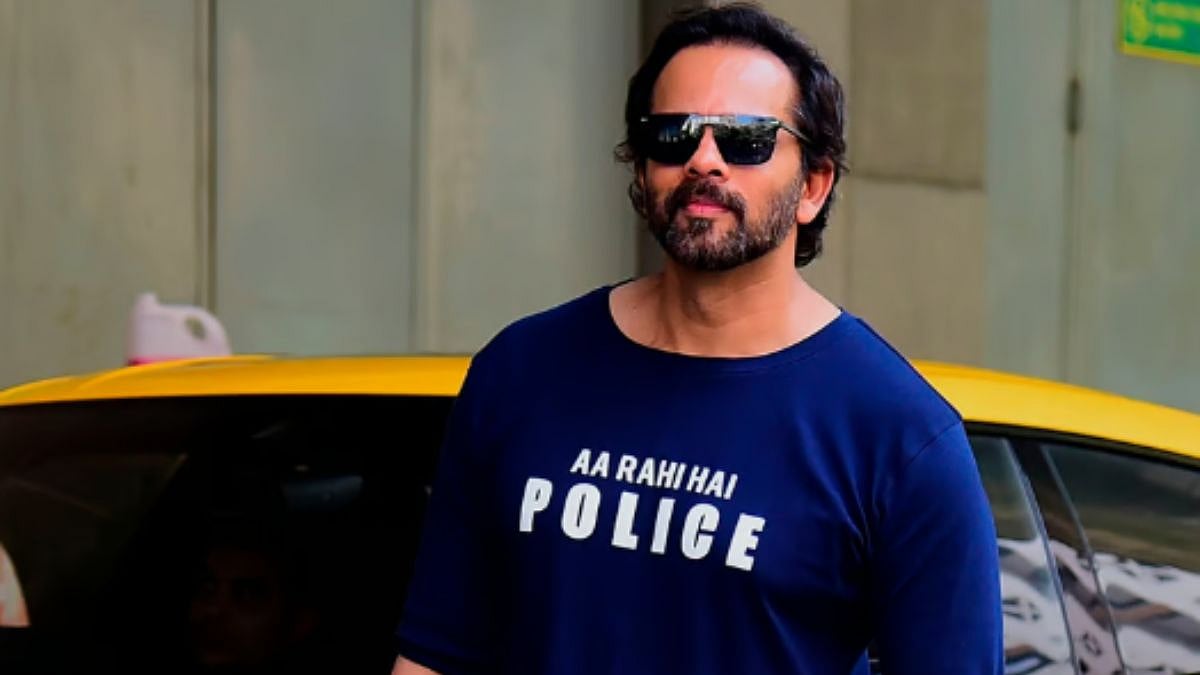While brick-and-mortar schools and standardised curricula have long dominated the education landscape, a gradual shift towards a more futuristic approach is gaining traction in the Indian educational system. Recognising that the traditional method may not cater to every student’s needs, there’s a growing understanding of the necessity for a more adaptive approach, such as micro-schooling, alongside the home-schooling model and online schooling system.
A disruptor among the prevailing educational models offering an alternative to traditional schooling with its innovative approach, micro schooling involves small, localised learning environments designed to meet the specific needs of a limited number of students. It typically emphasises personalised and flexible learning approaches, catering to individual students’ unique learning styles and paces.

Acing the learning game
Micro-schooling in India aims to address the diverse learning needs of students while fostering a strong sense of community and collaboration.
Priyanka Rai, founder of Comini, Mumbai’s first micro-school to provide an alternative, progressive education to children two and up, explains, “Technically, micro schooling is a structural innovation. Any approach to teaching can be taken up in a micro-school, including very traditional ones. For us, the biggest advantage is the ability to personalise learning while also emphasising play with their peers. Each child learns in their way, at their own pace. Going micro allows us to recognise where each child is on the vast learning landscape and helps us as facilitators be the gentle guides who can show them different paths (without forcing them down anyone).”
Their USP is the Finnish approach to early education, emphasising play and recognising its importance. “We decided to adapt this model after reviewing multiple alternative pedagogical approaches. Children are naturally wired towards learning and will learn despite everything. And, importantly, learn their unique way. We recognise this and use the Finnish pedagogical approach as a guide – one of many. The other guides, the more important ones, are the children who make up the micro-school. We deliberately do not say we focus on playful learning. We say we are helping cultivate a playful, purposeful life,” says Rai.
The major highlights of Bengaluru-based Agile Shaala are the agile mindset practices in elementary education, neuroscience-based learning pedagogy and a self-directed learning-based experiential curriculum. Dr Poornima V, co-founder and managing director of micro-school Agile Shaala, says, “The other major aspect is the program’s flexibility. The children can learn at their own pace depending on where they are in each subject. The program’s blended nature helps them keep their learning continuous whether coming to the physical centre, at home or travelling,” adds Poornima. Their program has a tailor-made curriculum based on self-directed, experiential learning mapped with 21st-century skills where children get to learn beyond any constraints of textbooks and traditional subjects because learning is for life, not just for clearing exams.
Dreamtime Learning Hub in Hyderabad is a tech-enabled and creation-focused micro-school designed for children from two to 16 years. It has gained popularity due to its flexibility, personalised learning and competitive costs compared to traditional schools. Founder Lina Ashar explains, “A personalised approach encourages children to explore their interests, take ownership of their learning journey and develop vital skills that prepare them for a future brimming with possibilities.” She elucidates how the concept of micro-schooling may sound new, but it is an intellectual form of learning. “We have introduced the concept of Travel school. It aims to give students an ongoing online educational experience with an uninterrupted study-based model while they are on holiday or travelling. It guarantees that learning becomes an integral component of students’ lifestyles. They can join our virtual school with live classes while on the move or travelling. This program is seamlessly mapped for a blended learning mode,” states Ashar.
A few months ago, Dreamtime Learning Hub launched the Weekend Makerspace Program, an After School Learning Program focusing on experiential learning and practical-based education. “This ground-breaking micro-school concept reflects the transformative impact on learners and is a progressive step towards a brighter future,” adds Ashar.
Growing acceptance
Micro-schooling offers a more personalised environment for children. “It is a safe space for them to fail and learn. They get ample opportunities for curiosity-driven exploration. Learning happens in mixed age groups, so children learn many life skills, such as empathy and compassion, says Poornima, adding that mentors can observe socio-emotional challenges better in a micro-environment because they work closely with the child to overcome them.
“Micro-schooling has gained popularity due to its flexibility, personalised learning and competitive costs compared to traditional schools,” states Ashar, who is buoyed by the strong following from successful professionals, including doctors, entrepreneurs, scientists, educationists and film industry professionals. “These professionals are embracing the Dreamtime Learning Hub in positioning education with a new phase, prioritising empowering students from within rather than relying on external controls,” Ashar adds.
Hyderabad-based senior instructional designer Sudha Kuruvada’s three children - Samarth (11) and twins Sarvagn and Sankalp (9) - have been attending online micro-schooling since 2021. She home-schooled them in 2020, owing to the chaotic online classes during the pandemic, and then moved them to an online micro-school, which promised exciting and interactive sessions and has lived up to it. “I believe that our conventional schools are failing to tap the potential of the smart kids of this generation. Kids can learn beyond their prescribed books thanks to their exposure and curiosity. Micro-schools provide them ample opportunities to learn in practical and interactive ways using their multiple intelligences,” states Kuruvada. Her children are not physically drained after school hours, allowing them to pursue their classes in keyboard, singing and Table Tennis professionally.
Kate, a French national based out of Mumbai, enrolled her seven-year-old daughter in a micro-school to give the child a more holistic education. “A micro-school appreciates a child’s natural learning capacity and doesn’t force rote learning as is the norm in conventional schools. My child is excited about learning and entirely self-motivated in this process. Also, she is not lost in a sea of children but has direct access to her teacher. Whenever she needs it, she can get 1:1 attention from a facilitator. The relationship with adult facilitators is one of mutual respect; the children feel free to question what they are being taught. This equal relationship makes it easier for the child to reach out to adults for help when required. My child is learning more than I had imagined,” says Kate, appreciative of this alternative schooling.
Challenges galore
Poornima’s main challenge has been enrolling the community’s adults to adapt to an agile mindset. “Children, the younger they are, the sooner they adapt. For adults, a lot of unlearning has to happen, which takes time. But one thing we have learnt over the last few years is that the children guide us whenever adults get stuck. We have learnt to treat children as micro-adults. There is so much to learn from each other,” she says on an optimistic note.
Ashar has been associated with this industry for over three decades and has seen an unprecedented transformation where engaging and immersive methods have replaced traditional teaching methods. “As families struggle to adapt to a changing educational landscape, many seek options that provide students with more freedom and personalised learning opportunities. Micro-schooling acts as a game-changer in terms of the transformation of teaching and learning methods. We have to embrace challenges and view them as opportunities for growth. Our mission is to reshape education and provide learners with a high-quality, real-world learning experience tailored to their interests, needs, voices and choices,” she explains.
Conversely, Rai feels that personalisation, the most significant advantage, is also the biggest challenge. “How do we balance the exploration and growth of individual competencies with the innate need of children to participate in group play? Related to this is understanding that helping children in this scenario is often about doing as little as possible and not adopting the role of teachers. We must work on this and internalise consciously, says Comini founder.
Fast forward
Ashar is optimistic that as micro-schooling grows globally, India, too, has the potential to adopt this model.
Poornima couldn’t agree more. She adds that there is a growing acceptance of the program among parents who want to give varied experiences to their children, either through travelling or being involved in other interests (sports, theatre, music, etc). “Two years back, we used to get more enquiries from parents of specially-abled children. But now we can see a shift—families looking for meaningful learning opportunities opt for micro-schools. Though there is a long way for parents to understand micro-schools, we feel they are reaching there,” she adds.
On the other hand, Rai elucidates that a few micro-schools are currently operating in India. “We are at the very beginning of a trend. In terms of acceptance among parents, we see that a lot more parents are open to alternative schooling where the emphasis is on each child and not on the standardised education where the emphasis is on uniformity. Micro-schools, just by being micro, make this emphasis possible.”
Poornima elucidates how micro-schools are changing the learning paradigm for children, with an example of a family who joined their community a few months back. “Their 10-year-old child was studying in a conventional school till then. Parents shared an observation about how our methods have helped the child learn. Their child is now able to differentiate between fear and responsibility. Though the child has more freedom in learning, now he works responsibly, not because of fear that someone may question or scold him for not completing work,” adds Poornima.
A fast-catching buzzword in education, micro-schooling can revolutionise learning and make it a joyful experience for children who can happily take up the onus of education.









